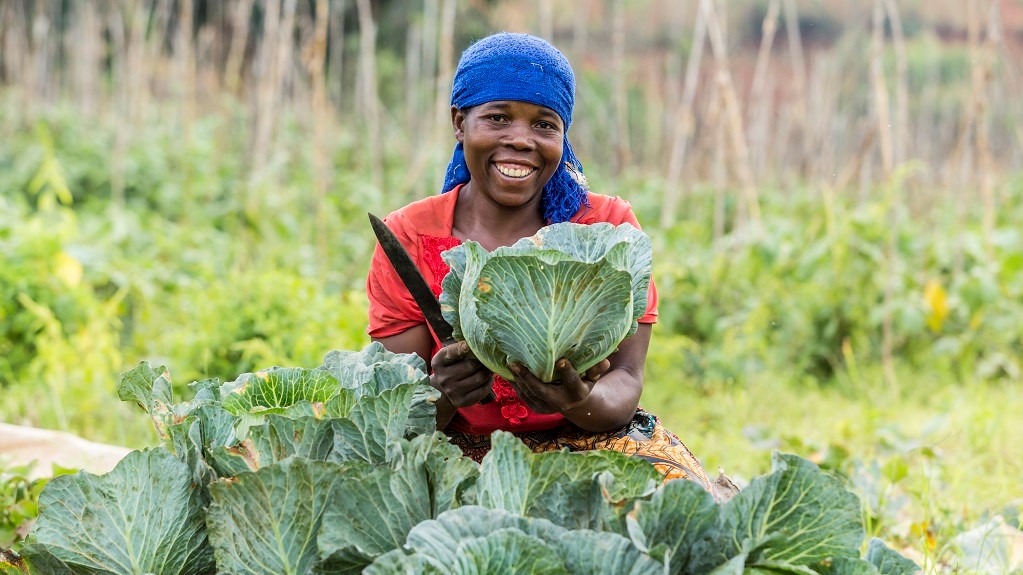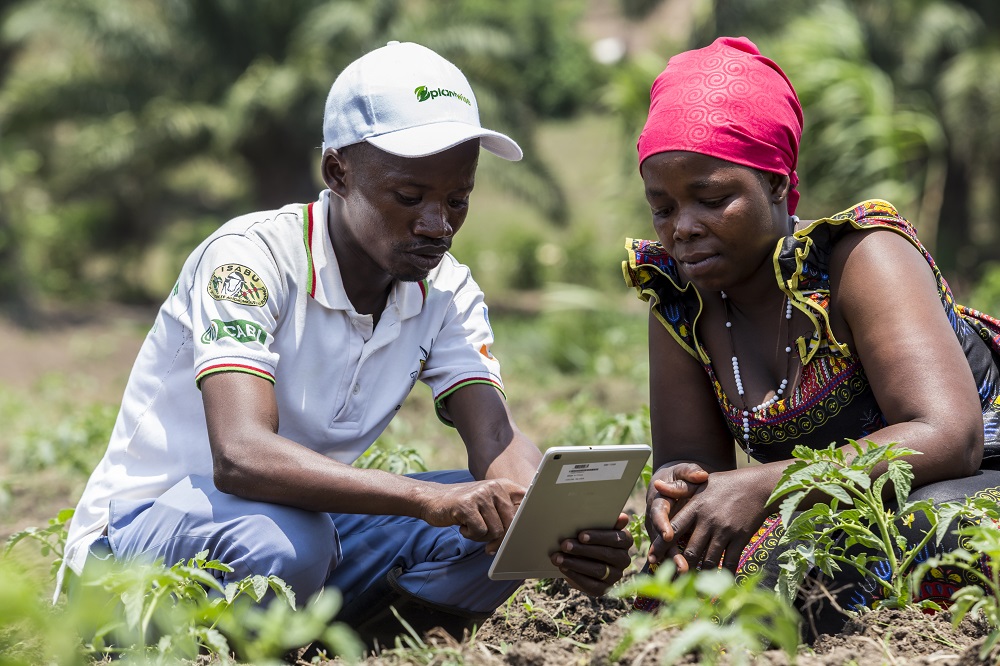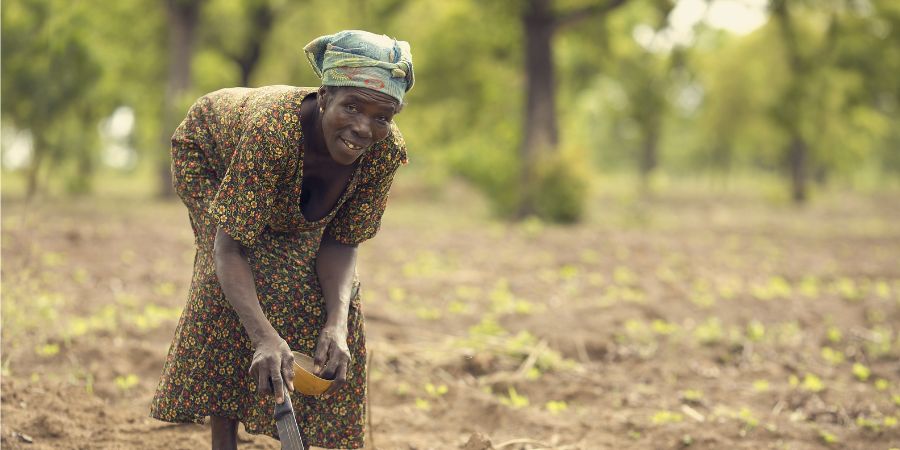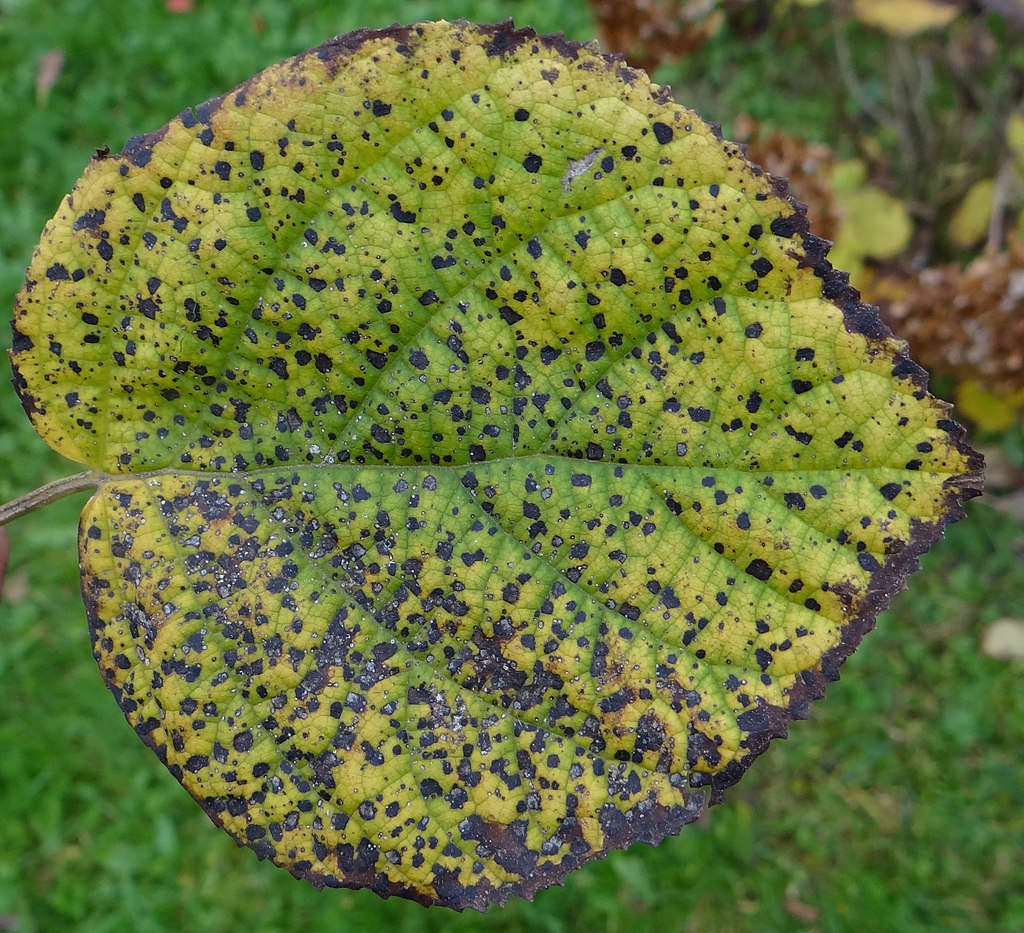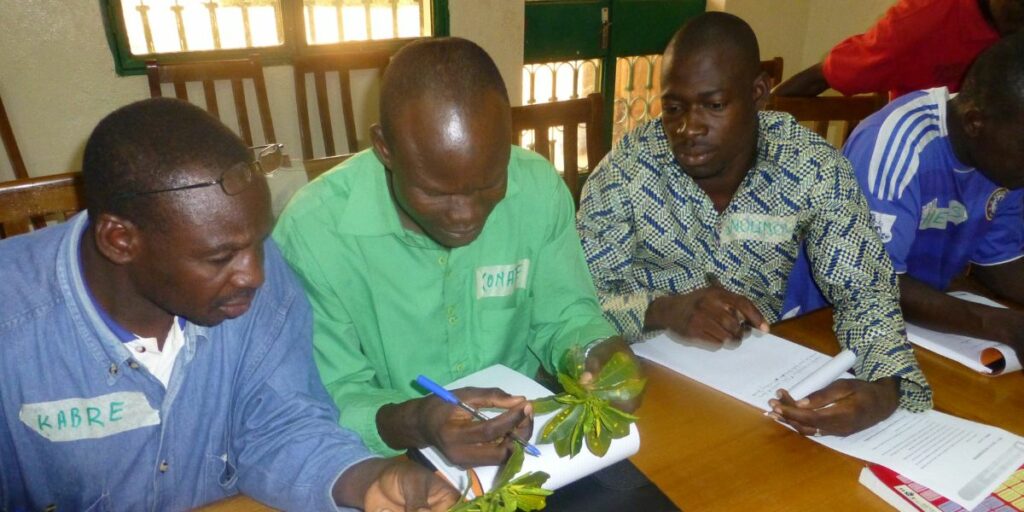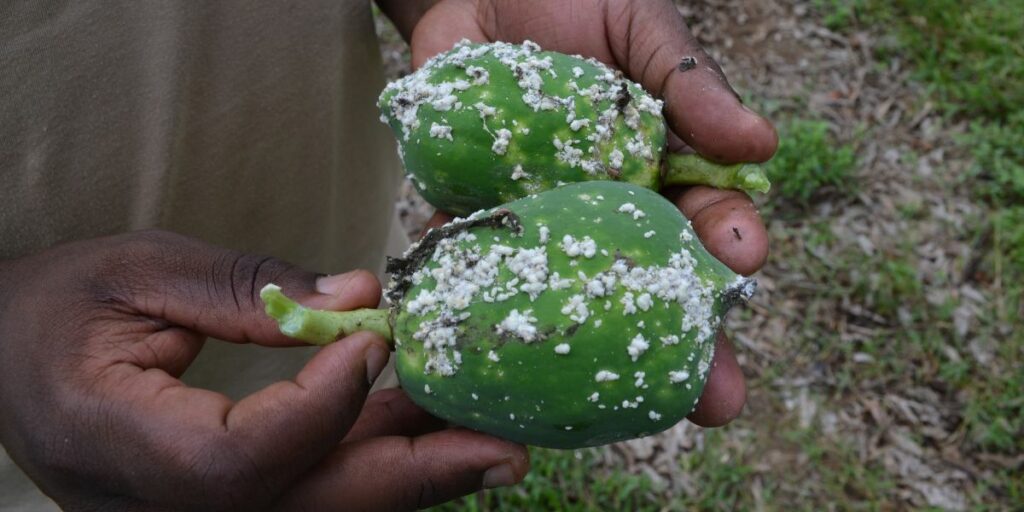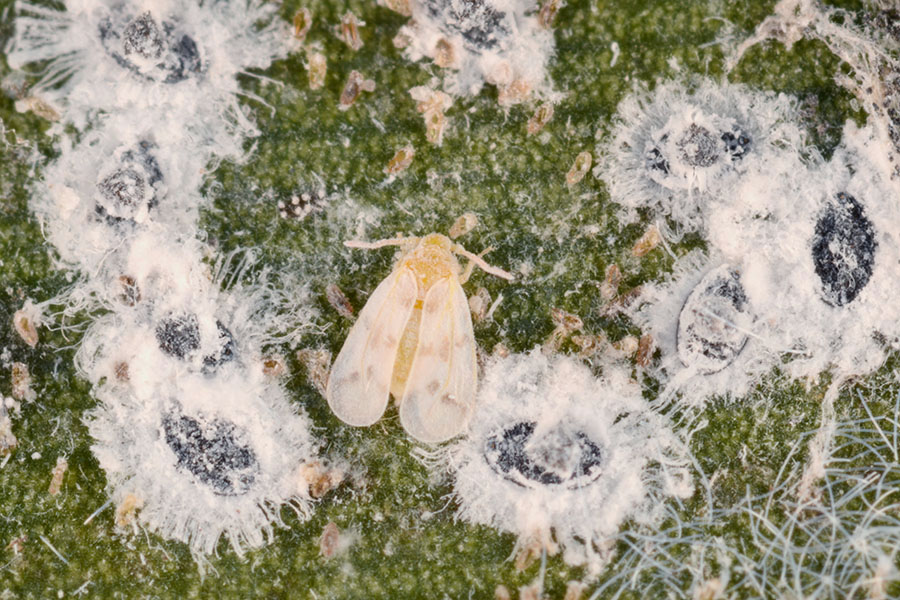How are plant health rallies supporting plant health in Burundi?
What are plant health rallies, and how are they supporting plant health in Burundi? Plant health in Burundi is getting a boost from plant health rallies. If you’re unfamiliar with this type of gathering, and how they help smallholder farmers, this blog is for you.
Update: New Pest & Disease Records (11 October 2022)
We’ve selected a few of the latest new geographic, host and species records for plant pests and diseases from CAB Abstracts. Records this month include the first report of Corynespora cassiicola causing target spot on cotton in South India and the first report of ‘Candidatus Phytoplasma fragariae’ infecting hazelnut in Italy.
CABI Academy eLearning courses available in Burkina Faso
CABI Academy’s eLearning courses are now available free for users in Burkina Faso. The new digital learning platform provides online courses for agricultural extension and advisory service providers to help them expand their agricultural knowledge and skills. The courses are also relevant to agriculture and crop protection students, reinforcing the knowledge, skills, and experience they gain…
Could biocontrol solve the papaya mealybug problem for Ugandan farmers?
Papaya mealybug, Paraccous margniatus, is native to Central America but has spread rapidly in invaded countries. It was detected in Uganda in 2021 where it has the potential to affect the production and quality of papaya and other host crops.
Update: New Pest & Disease Records (7 September 2022)
We’ve selected a few of the latest new geographic, host and species records for plant pests and diseases from CAB Abstracts. Records this month include a new distribution record of palm whitefly Aleurotrachelus atratus in India and the first report of coffee canker disease caused by Ceratocystis fimbriata in China.

